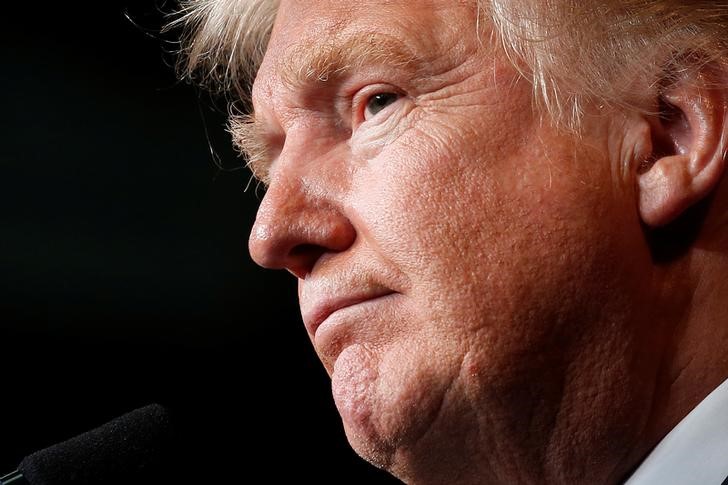WASHINGTON (Reuters) - More than 300 former officials from U.S. security and foreign policy agencies, including a former director of the National Counterterrorism Center and a one-time deputy secretary of state, on Friday endorsed the congressional impeachment inquiry of President Donald Trump.
Their statement said the signatories had served in the administrations of both parties. It also said the signatories did not want to prejudge the conclusions Congress may reach in the inquiry.
"President Trump appears to have leveraged the authority and resources of the highest office in the land to invite additional foreign interference into our democratic processes," they wrote in the statement sent to news organizations.
"That would constitute an unconscionable abuse of power. It also would represent an effort to subordinate America’s national interests — and those of our closest allies and partners — to the President’s personal political interest."
House Speaker Nancy Pelosi this week announced she would launch the inquiry after it emerged that Trump had asked the president of Ukraine to investigate former Vice President Joe Biden, a possible rival in the 2020 presidential election, while delaying aid to the country. The news prompted a testy House Intelligence Committee hearing on Thursday with the acting director of national intelligence.
Friday's statement was signed by the former deputy assistant secretary of defense for Russia, Ukraine and Eurasia under former President Barack Obama, Evelyn Farkas, as well as the former national intelligence officer for Europe in Obama's National Intelligence Office, Spencer P. Boyer.
It was also signed by former officials of the National Security Council, CIA, Defense Intelligence Agency, State Department, USAID, Homeland Security Department, White House, Defense Department, House Armed Services Committee, Navy, Justice Department and Marine Corps, among others.
U.S. relations with the rest of the world must be based solely on national interest, the signatories wrote in the statement.
Introducing any other considerations from the president "debases our democracy, has the potential to make us more vulnerable to threats, and sends a message to leaders around the world that America’s foreign policy can be dangerously corrupted by catering to a single individual," they wrote.
